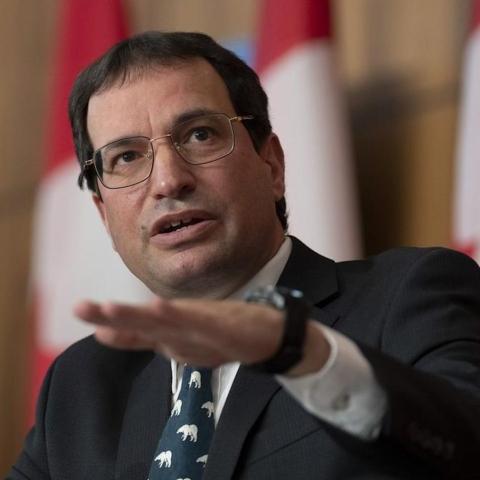Trade Tensions and Economic Impact: A Closer Look
Recently, President Donald Trump announced a trade agreement with the United Kingdom. While this sounds promising, the UK isn’t the U.S.’s top trading partner. According to Dante Suarez, a professor of International Business at Trinity University, this situation poses challenges. He suggests it’s not as straightforward as it seems.
Suarez explains, "Trade agreements involve complex negotiations, often taking months or years. Details like tariffs and penalties are critical." A White House fact sheet highlights that this deal promises better market access for U.S. agricultural products. They mention a potential $5 billion boost for farmers, mainly through exports like beef.
Yet, this agreement only covers about 3% of U.S. trade. In contrast, China remains a central figure in U.S. trade relations. Suarez warns that current tensions may lead to supply disruptions, akin to what we experienced during the COVID-19 pandemic. While shelves may still be stocked for now, he predicts significant price increases and availability issues could surface by summer.
He points out the irony: "When countries impose tariffs on each other, everyone loses." U.S. and Chinese officials are set to meet in Geneva to discuss tariffs, with hopes for a breakthrough.
Long-Term Manufacturing Shifts
The Trump administration aims to bring manufacturing jobs back to the U.S. through tariffs, but this strategy might take time. Moving a manufacturing plant, like a car company, can take five to ten years. "Companies need to see stability and certainty in tariffs before they invest in changing supply chains," says Suarez.
The trade climate is especially crucial for Texas, where the economy thrives on trade with Mexico. Though current tariffs are around 10%, they are significantly higher than the long-standing free trade that existed before.
As these trade discussions continue, both businesses and consumers must prepare for potential shifts in the marketplace. Keeping an eye on these developments will be vital. For more insights, you can check out reports from the U.S. Chamber of Commerce.
Source link
Tariff,Donald Trump,Trinity University,Economy






















